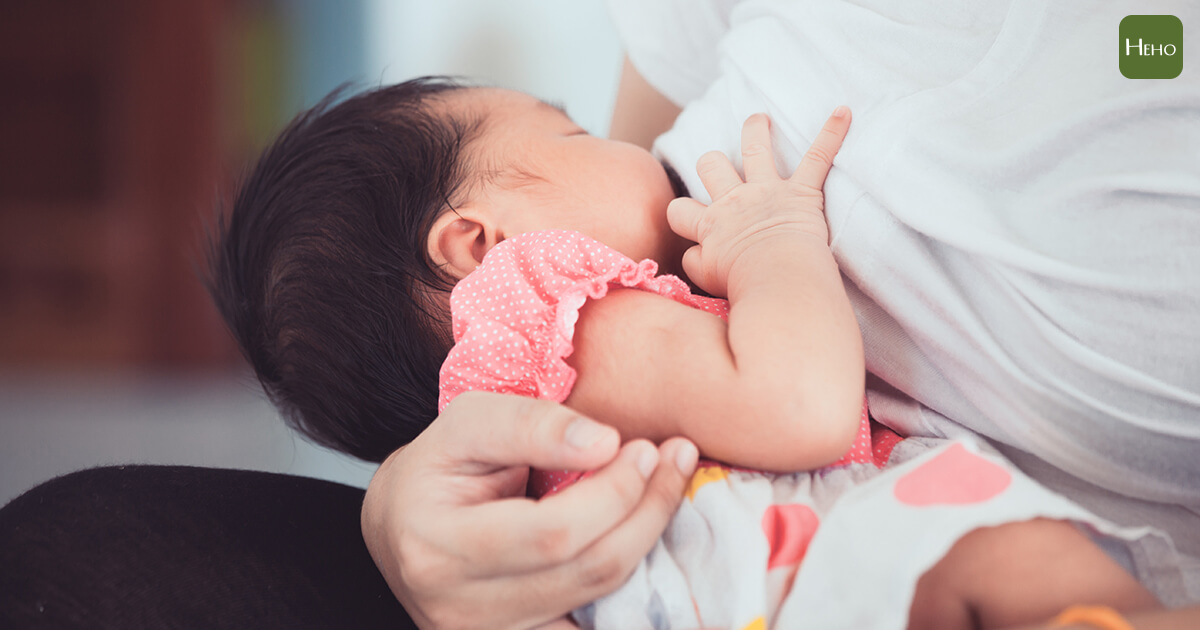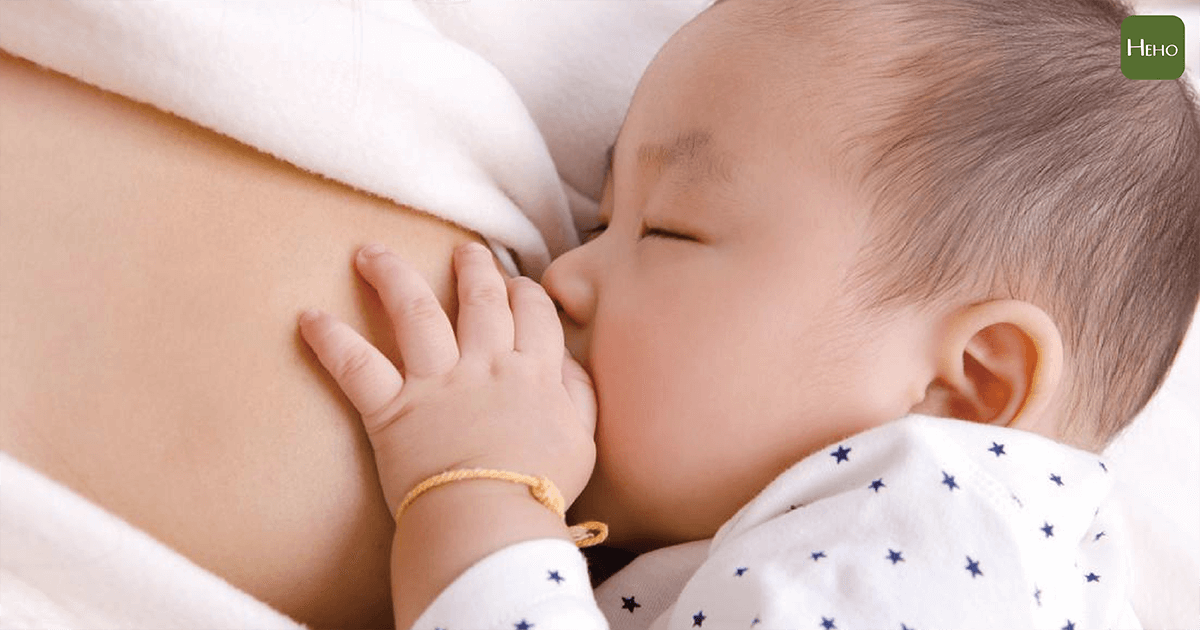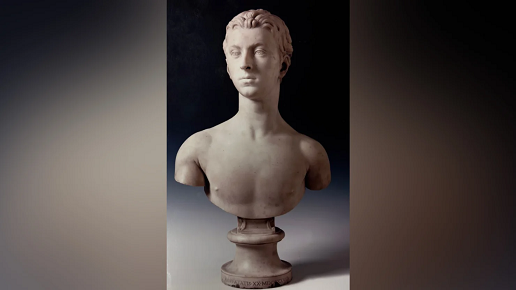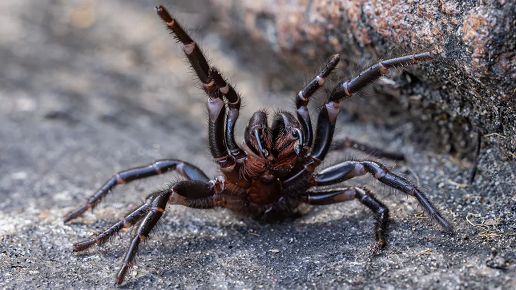Breast milk is a priceless treasure created by a mother’s love, uniquely tailored for her baby, and irreplaceable. However, during breastfeeding, especially in the early postpartum period, mothers often face many unknowns and concerns, encountering various challenges that make the breastfeeding journey quite bumpy. One of the main concerns is insufficient milk supply, and traditional Chinese medicine (TCM) can offer assistance.
Dr. Chen Tzu-yu, a specialist in traditional Chinese medicine for gynecology at the Taipei City Hospital Lin Sen Branch, explains that postpartum changes in endocrine function trigger the lactation mechanism. As the baby sucks, the lactation function becomes increasingly active, and if everything goes smoothly, the milk supply should reach a balance between the mother and the baby. With the baby's sucking, the milk secretion function of the mammary glands becomes increasingly active. (Photo / Provided by Heho Health)
With the baby's sucking, the milk secretion function of the mammary glands becomes increasingly active. (Photo / Provided by Heho Health)
TCM believes that insufficient milk is related to the balance of Qi and blood. Dr. Chen explains that breast milk is derived from Qi and blood. If the body has sufficient Qi and blood, it can produce nutritious milk. However, pregnancy and childbirth consume a lot of the mother's Qi and blood. Additionally, postpartum poor appetite, inadequate sleep, and delayed physical recovery can exacerbate this. If the mother has a constitution prone to colds or experiences additional illnesses or complications during pregnancy and childbirth, postpartum weakness will be more severe, affecting milk production and leading to insufficient milk supply.
Furthermore, postpartum breastfeeding is particularly concerned with "mastitis." Dr. Chen points out that mastitis is an inflammation of the breast, known in TCM as "breast abscess," which is caused by Qi and blood stagnation in the breast tissue. About 10% of mothers may experience mastitis, most commonly occurring within the first three months postpartum, with a peak incidence between four to six weeks after delivery. Symptoms of mastitis include localized lumps, redness, heat, and pain in the breast, sometimes accompanied by mild fever, fatigue, and other flu-like symptoms.
Dr. Chen emphasizes that there are various TCM treatments for mastitis, depending on the stage of the condition, symptoms, and patient status. These treatments may include clearing heat and detoxifying, dissipating lumps, unblocking meridians, and nourishing Qi and blood to relieve symptoms. If mastitis is mild, it may heal quickly with some rest and adjustment; however, if the symptoms are severe and recurrent, professional treatment is necessary. She recommends a light diet, adequate rest, sufficient sleep, and relaxation to aid in the recovery from mastitis and overall health for breastfeeding mothers.







